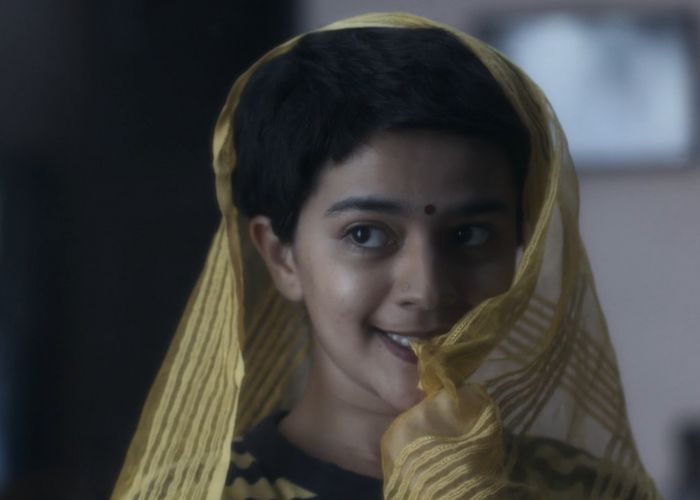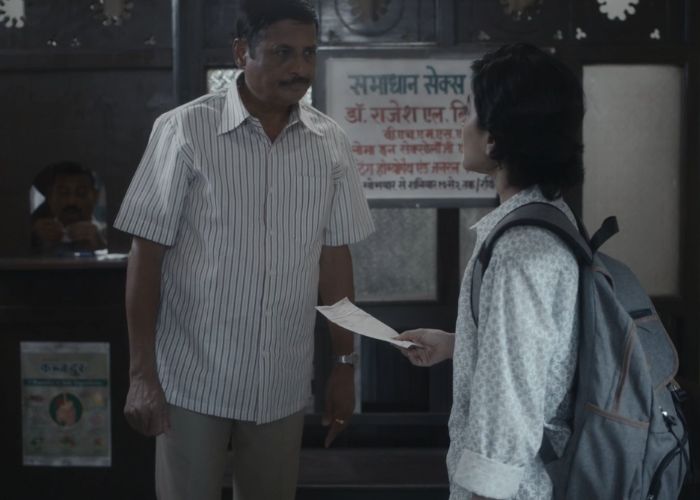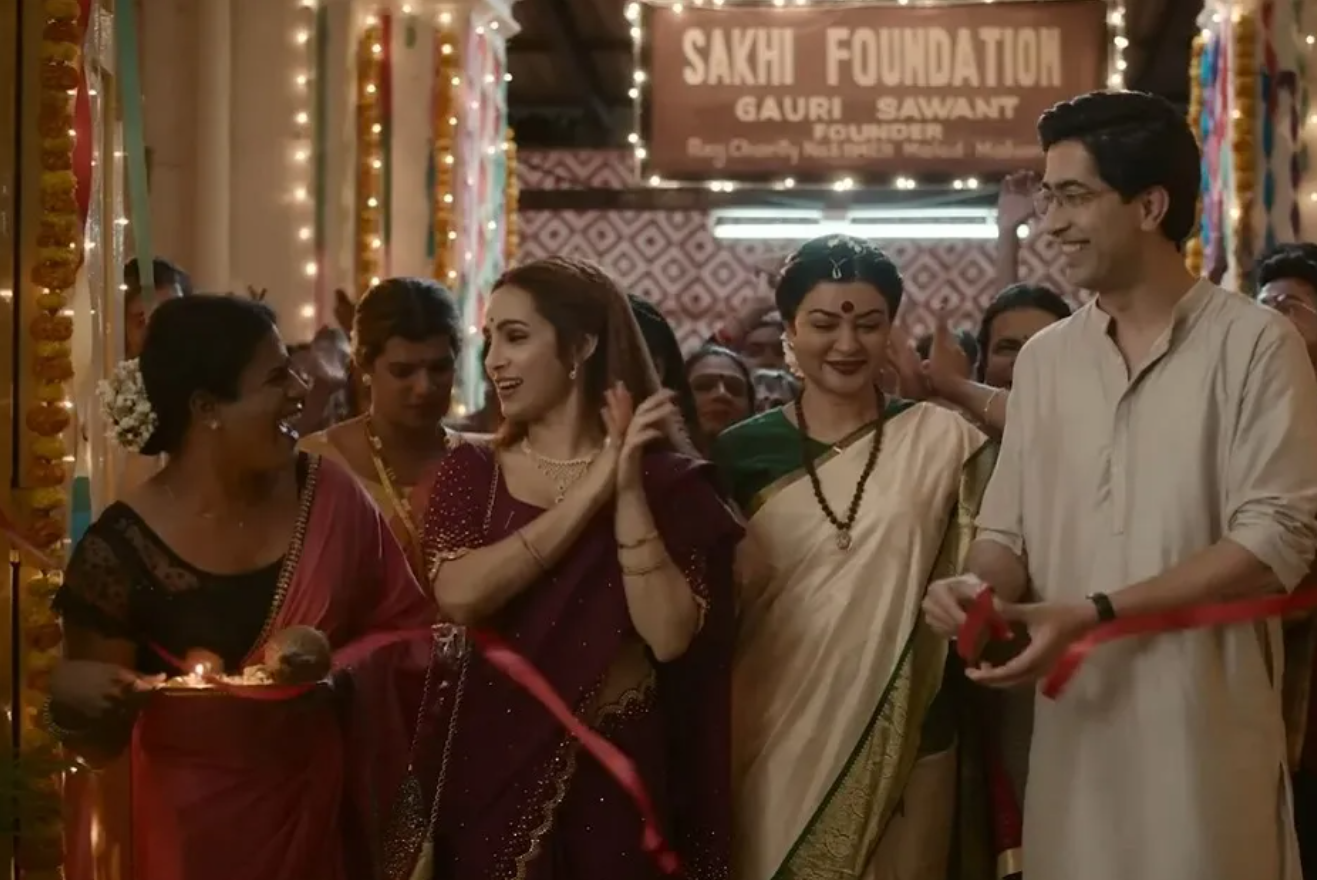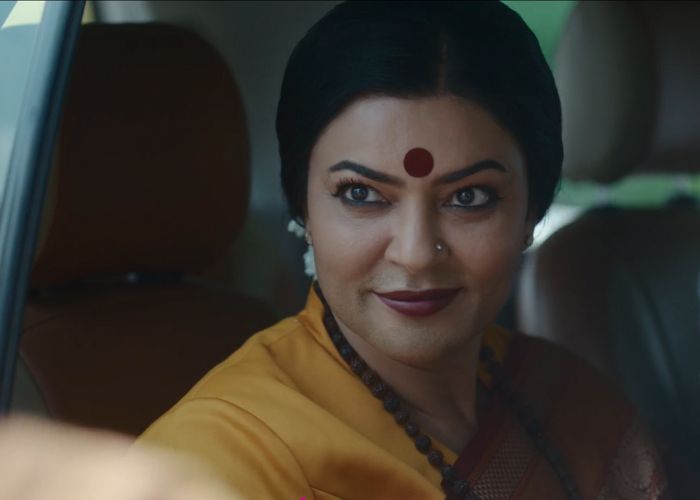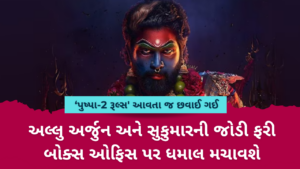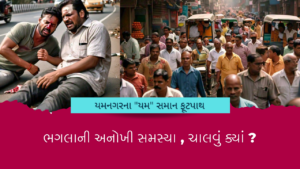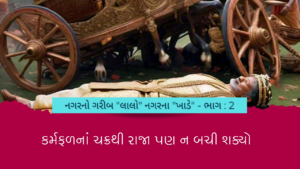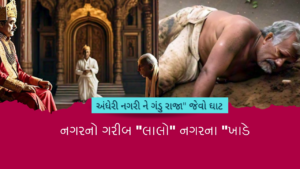– An article by Shivani Gadre
तू मुश्किल दे दे भगवान, मैं आसान करूं।
तू दे दे तपती रेत, मैं गुलिस्तां करूं।
तू पहाड़ बना दे जितने, मैं उनमें सुरंग बनूं।
तू लाख गिरा दे बिजली मुझपे, मैं तो सतरंग बनूं।
‘Taali: Bajaungi Nahi, Bajwaungi’ is a Hindi biographical drama series on JioCinema, directed by Ravi Jadhav, and released in August 2023. Ravi Jadhav is one of the most influential filmmakers in Marathi film industry with Natrang (2009) and Balgandharva (2011) as his famous hits. He made his debut in Hindi through Banjo (2016) film. ‘Taali’ (2023) series features Sushmita Sen as the lead, portraying the role of transgender activist Shreegauri Sawant from Maharashtra.
Gauri Sawant, also known as Shreegauri Sawant, serves as the director of Sakhi Char Chowghi, an organization dedicated to assisting transgender individuals and those affected by HIV/AIDS. The ‘Sakhi Char Chowghi’ Trust, established in year 2000, an NGO dedicated to advocating safe sex and offering counselling services to transgender individuals.
The show’s non-linear narrative traces Gauri’s lifelong journey, encompassing her internal and external battles, childhood experiences, physical transformation, motherhood, and her emergence as a prominent voice within the transgender community.
- The First Battle: Identity
Gauri’s fight for identity starts at home and in educational institutes. Wanting to become a mother (माँ), to apply makeup or not, to dance in front of people or not, or to be marked as male or female on forms of educational institutes, Ganesh battled his way bravely through every tough situation while also not denying his innermost feelings.
Wanting to become ‘माँ,’ Ganesh was trolled in the classroom, and his answer elicited a humorous reaction from his classmates and a scolding from the class teacher. But still, Ganesh, being clear, stubborn, and acknowledging his feelings, uttered the wish to become ‘माँ’ to his mother, underscoring that the role of mother is not gender-based but based on the purity of feelings. Ganesh is so clear on the idea of being a mother that he says, “मुझे मर्द नहीं बनना, क्योंकि फिर मैं माँ नहीं बन सकता.”
Born into a simple family in Pune, Ganesh was a sweet boy who was always seeking comfort in his mother’s pallu. Ganesh’s mother (played by Aishwarya Narkar) is a homemaker, and his father (played by Nandu Madhav) is an inspector. Ganesh’s father was very strict and was unable to accept the fact that his child was transgender. Restricting Ganesh in every way possible, Inspector Dinkar Sawant does everything in his power to keep Ganesh in the demeanour of a male, which is accepted by the so-called society. From scolding to even sending Ganesh to a counsellor and giving medicines for evoking his male traits like a beard, Ganesh’s father did everything, but Ganesh didn’t stop looking for ways of owning himself for who he is.
“पहले मुझे तेरी फ़िक्र रहती थी, अब शरम आ रही हैं.” – Ganesh’s father
Ganesh’s fight for his identity continued in his home even after his mother’s death, until the day when his father gave him an ultimatum to choose, saying that if he wanted to continue staying at home, he needed to abide by the rules set by Mr. Sawant. This turn in Ganesh’s life started his second battle, ‘Survival.’
- The Second Battle: Survival
“I will tell you what is scary.
जिसे बचपन मे गले लगानेवाले लोग, जवानी मे पीठ दिखाए।
जिसका घर, परिवार सब होने के बावजूद, वो पूरी तरह से अनाथ हो, scary?
जिसके दिमाग मे चलने वाली लड़ाई को रोकने के लिए, उसे अपने जान पर खेल कर एक organ को काट के फेंक देना पड़े, जिसे public toilet तक मे एंट्री ना हो।
जिस देश में कुत्तो तक का सेन्सस है, पर ट्रांसजेंडर का नहीं,
ऐसे देश में आप लोगो के बीच जीना, that is scary.”
Before leaving the house, Ganesh leaves the tape recorder given by his sister on the veranda of house. The tape recorder, left on the veranda outside the home, indicates that Ganesh was completely leaving behind the life he lived until now and all the shackles imposed on him by society and his family. Leaving everything behind to welcome the life he wants and is comfortable living with open arms but also with a painful first lesson of life.
Ganesh comes to Mumbai in the hope that he will find a place where he can proudly own who he is but not become a beggar. But coming to Mumbai, he realizes that his father was not entirely wrong; living as someone who is not acceptable in society is hard. The real struggle of ‘Ganesh to Gauri’ starts as Ganesh realizes that becoming a man does not align with his own feelings, and even transforming from man to woman is not acceptable by society. Even the transgender community declines to accept him as he has not undergone the surgery yet, but for the sake of acceptance, Ganesh undergoes surgery.
Facing many hurdles of life with bravery and grace, ‘Ganesh’ transforms into ‘Gauri’ on the auspicious occasion of ‘Gauri Aagman.’ And on the same day, the ‘Shradh’ of Ganesh was done by his father as soon as he heard about his ‘sex-change operation,’ which denotes how transgenders are treated in society and by their own family and friends. By only owning reality, they lose their families, friends, dignity as humans, and even the minimal opportunities for a promising future.
In this ‘Survival’ battle of Gauri, she extends her helping hand to the sex worker’s children by offering shelter in her home and establishing the ‘Sakhi Char Chowghi’ Trust for transgenders to advocate safe sex and offer counselling services. Gauri adopts Gayatri, the daughter of a sex worker who dies of AIDS.
But to fight for survival in a country of people who think that being different is abnormal, one must be included in the Constitution. Despite all the odds, Shreegauri Sawant files a petition in the Supreme Court of India, advocating for adoption rights for transgender people and becoming the first transgender person to file a petition in the Supreme Court of India. A fight for ‘equality.’
“लड़ाई आखिर दिल्ली तक पहुंच ही गयी।”
- तीसरी लड़ाई: Equality
Taking inspiration from the Shikhandi Raja from Mahabharta, Gauri fights for everything and takes everyone along with her. She took up the job of teacher at a primary school, becoming the first transgender teacher. Not stopping, she starts night schooling for other transgenders as a right to education and inspires them to study and apply for jobs, which can give them a steady income.
In 2014, the Supreme Court of India recognized transgenders as the third gender. But before this historic judgment, even death certificates were not issued for transgender people. The depiction of this harsh reality in the series is very unsettling. The way Gauri fights for her friend’s dignity when she’s not even treated as a human even after her death sheds light on how we, as a society, give care and love to even pets but not to humans.
Shedding light on social depictions in series:
In the 21st century, expressing your own feelings and thoughts holds value and respect. The depiction of the LGBTQ+ community in the series is eye-opening and raises questions about how we, as a society, give inhuman treatment to people for being who they are. Praising and worshipping the ‘Mohini’ avatar of Lord Vishnu but being savage to the people in real life.
A sad reality depicted in a scene when Gauri catches a cross-dressed man begging as a transgender, shows that sexuality is a means of earning money and disrespecting the real transgender community. But this passing portrayal may fail to register and address the depth of reality behind this scene.
“तुझे क्या लगा, हमारी लड़ाई बाहर की दुनिया से है? सफाई पहले अंदर से करनी पड़ेगी।”
There are many scenes that highlight that despite the hardships and efforts of Gauri for the well-being and equality of the transgender community, there were few who protested, even attacked her, and attempted to kill her. These depictions from the series also point out that we as a society must undergo a deep internal transformation rather than simply engage in surface-level acceptance towards the LGBTQ+ community for social media trends.
In a series promotional interview, Shreegauri Sawant agrees to be pleased about the decision of casting Sushmita Sen as ‘Gauri Sawant,’ saying that it’s a new thing to play a transgender role by a woman, as usually it’s played by men actors.
Supplemental aspects of series:
The series’ soundtrack enhances the storytelling, with the captivating introduction being particularly notable. The soundtracks like “Pehchan le” and “Gaurai aali” add more value to the story, giving subliminal messages.
Sushmita Sen wholeheartedly and authentically embodies her role, using her expressive eyes and subtly modulated voice to convey the character’s essence. She gracefully and skilfully portrays Gauri’s emotional depth and inner struggles, adding the necessary emotional weight to the character. Sushmita’s makeup and gradual transformation effectively deliver the intended shock value, and she fearlessly embraces the role, leaving behind all inhibitions.
Overall, ‘Taali: Bajaungi Nahi, Bajwaungi’ sheds light on the eye-opening and heart-wrenching struggles of transgender people. Even though many scenes seem alleviated and polished, the series does leave its mark.
“कभी-कभी सबसे uncomfortable बातचीत,
सबसे अधिक enlightening होती है।”


